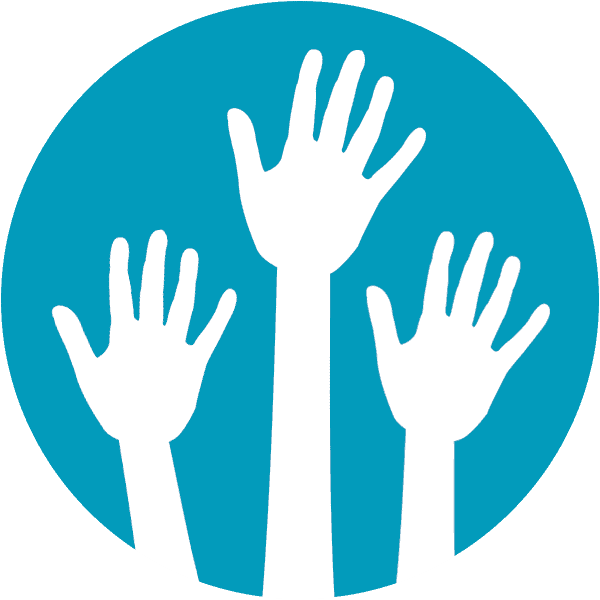Resources for Mental Health Professionals
Dystonia is More than a Movement Disorder
Dystonia is a neurological disorder that causes excessive, involuntary muscle contractions. These muscle contractions result in abnormal muscle movements and body postures, making it difficult for individuals to control their movements.
There are multiple types of dystonia, and symptoms can present quite differently from one individual to the next.
Individuals with dystonia may also experience anxiety, depression, pain, impaired sleep, and other non-motor symptoms. These non-motor symptoms can be as disabling, or even more so, than the movement symptoms.
While the physical symptoms of dystonia are typically treated medically by movement disorder neurologists, mental health professionals can play a valuable role in improving quality of life by evaluating for and addressing co-occurring emotional, psychological, and psychiatric health concerns.
The DMRF has assembled resources to help provide mental health professionals with background information about dystonia.
DMRF’s Vice President of Mental Health Programming Karen K. Ross, PhD offers a letter to thank and acknowledge mental health providers who are treating individuals with dystonia.
The human brain is staggeringly complex: structures and pathways associated with movement are also involved in cognition, emotion, memory, and other mental functions.
Research has demonstrated that individuals with dystonia are prone to certain mental health disorders, particularly depression and anxiety. Individuals may also experience sleep disturbance, pain, and sensory signs.
“Burden of Dystonia is More than a Movement Disorder” – Non-Motor Symptoms
Estimates suggest 7% of the general population has social anxiety disorder.
For individuals with dystonia, the percentage may be up to 10 times higher.
“Dystonia & Social Anxiety” – fact sheet
The following journal articles provide a deeper dive into dystonia.





